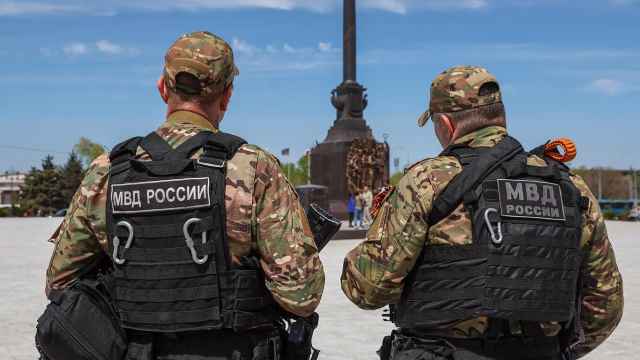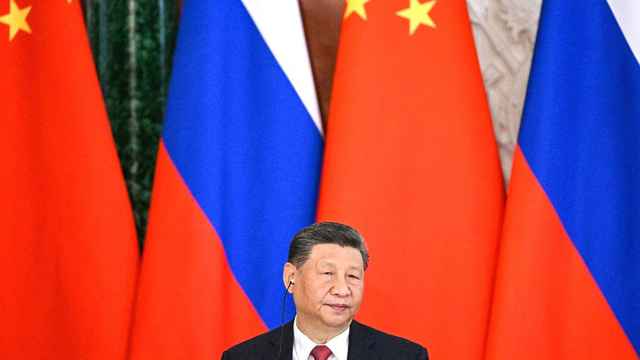BRUSSELS — The European Union on Friday called on Russia to stop blocking pork exports from the bloc, saying Moscow's reaction to an outbreak of African Swine Fever, or ASF, in Lithuania was "disproportionate."
Although Moscow has not formally announced a full ban, Russia has stopped Danish, Dutch and German trucks carrying pork at its borders since the outbreak was confirmed on Jan. 24, EU officials said.
At the same time, Russia plans to end a ban on imports of some U.S. meat starting with turkey in mid-February and pork by March, Interfax reported, citing its veterinary regulator. Most meat imports from the U.S., Canada and Mexico were halted early last year due to concerns about the use of the feed additive ractopamine.
"Our Russian partners are effectively banning exports even from EU member states that are clearly not affected by the incident," EU Health Commissioner Tonio Borg said in a statement. "Such a ban is disproportionate."
Russia and Belarus banned Lithuania pork imports shortly after the ASF case was confirmed in two hunted wild boars in the Baltic state last Friday.
A Spanish laboratory confirmed that two wild boars hunted in southern Lithuania had a strain of the virus similar to that found in cases in neighboring Belarus and Russia.
The EU says it has cordoned off farms in Lithuania to stop the virus and that there is no evidence that it has spread to other countries.
The European Commission has proposed to Russian authorities that they temporarily exclude Lithuanian pork from certified EU pork sold to Russia, but said Russia is not ready to accept such a compromise.
"We will apply for EU support to deal with swine fever during a meeting of the European Commission's Standing Committee on the Food Chain and Animal Health on Feb. 7," Jonas Milius, head of Lithuania's State Food and Veterinary Service, told Reuters.
Milius said Lithuania's request would include financial assistance to build a fence along its 700-kilometer-long border with Belarus to prevent migration of wild boars as well as for compensation for farmers who agree to slaughter their pigs in the risk zone.
Preliminary estimates put the cost of the fence at 15 million Lithuanian litas ($5.89 million). Currently only about 70 kilometers of the border are fenced.
Milius said Lithuania neighbors Latvia and Poland would also request assistance at next week's meeting.
Russia buys about a quarter of the EU's annual pork exports and while that makes up a fraction of their bilateral annual trade, the row highlights the tense ties between Brussels and Moscow.
The EU accuses Moscow of a string of restrictive trade practices including policies to protect the Russian car industry and says Russia needs to play by global trade rules as a member of the World Trade Organization.
Russia is the EU's third-biggest trading partner after the U.S. and China, with trade flows worth 335 billion euros ($455 billion) in 2012, the latest available data shows.
There is no cure for the African Swine Fever virus, which is most common at small farms and is spread partly by wild boar. It is considered harmless to humans.
A Message from The Moscow Times:
Dear readers,
We are facing unprecedented challenges. Russia's Prosecutor General's Office has designated The Moscow Times as an "undesirable" organization, criminalizing our work and putting our staff at risk of prosecution. This follows our earlier unjust labeling as a "foreign agent."
These actions are direct attempts to silence independent journalism in Russia. The authorities claim our work "discredits the decisions of the Russian leadership." We see things differently: we strive to provide accurate, unbiased reporting on Russia.
We, the journalists of The Moscow Times, refuse to be silenced. But to continue our work, we need your help.
Your support, no matter how small, makes a world of difference. If you can, please support us monthly starting from just $2. It's quick to set up, and every contribution makes a significant impact.
By supporting The Moscow Times, you're defending open, independent journalism in the face of repression. Thank you for standing with us.
Remind me later.





